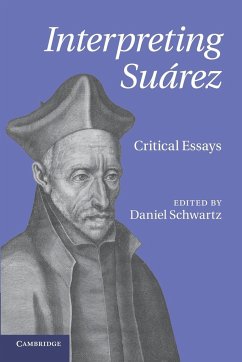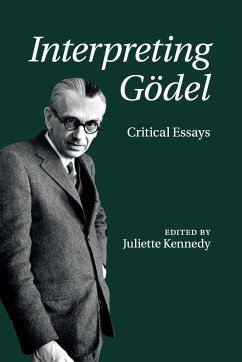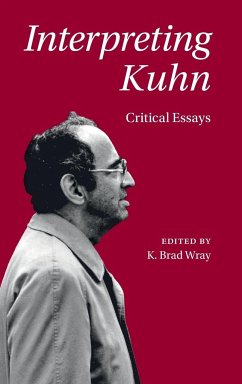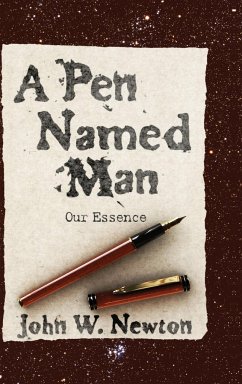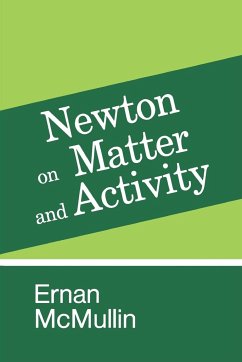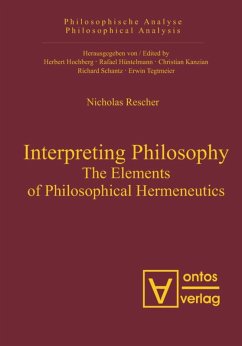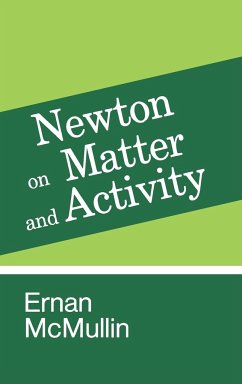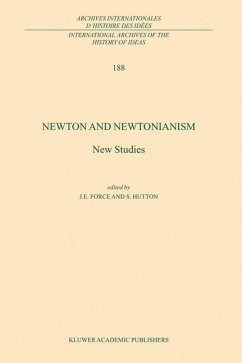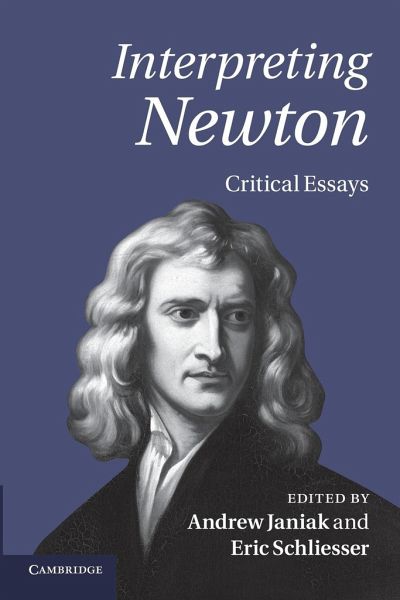
Interpreting Newton
Critical Essays
Herausgeber: Janiak, Andrew; Schliesser, Eric
Versandkostenfrei!
Versandfertig in 1-2 Wochen
64,99 €
inkl. MwSt.

PAYBACK Punkte
32 °P sammeln!
This collection of specially commissioned essays by leading scholars presents research on Isaac Newton and his main philosophical interlocutors and critics. The essays analyze Newton's relation to his contemporaries, especially Barrow, Descartes, Leibniz and Locke and discuss the ways in which a broad range of figures, including Hume, Maclaurin, Maupertuis and Kant, reacted to his thought. The wide range of topics discussed includes the laws of nature, the notion of force, the relation of mathematics to nature, Newton's argument for universal gravitation, his attitude toward philosophical empi...
This collection of specially commissioned essays by leading scholars presents research on Isaac Newton and his main philosophical interlocutors and critics. The essays analyze Newton's relation to his contemporaries, especially Barrow, Descartes, Leibniz and Locke and discuss the ways in which a broad range of figures, including Hume, Maclaurin, Maupertuis and Kant, reacted to his thought. The wide range of topics discussed includes the laws of nature, the notion of force, the relation of mathematics to nature, Newton's argument for universal gravitation, his attitude toward philosophical empiricism, his use of 'fluxions', his approach toward measurement problems and his concept of absolute motion, together with new interpretations of Newton's matter theory. The volume concludes with an extended essay that analyzes the changes in physics wrought by Newton's Principia. A substantial introduction and bibliography provide essential reference guides.






